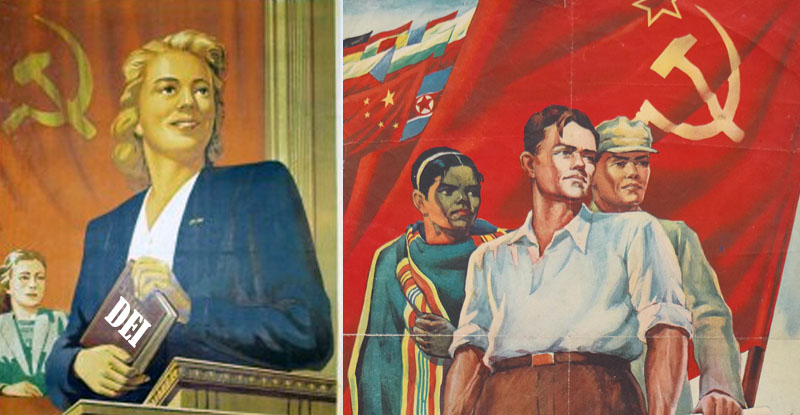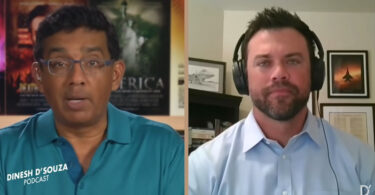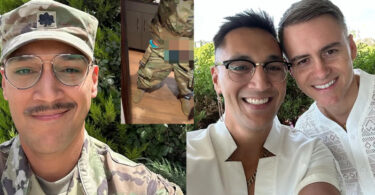This article is making waves on social media:
Two years ago chief diversity officers were some of the hottest hires into executive ranks. Now, they increasingly feel left out in the cold.
Companies including Netflix, Disney and Warner Bros. Discovery have recently said that high-profile diversity, equity and inclusion executives will be leaving their jobs.
Thousands of diversity-focused workers have been laid off since last year, and some companies are scaling back racial justice commitments.
Diversity, equity and inclusion—or DEI—jobs were put in the crosshairs after many companies started re-examining their executive ranks during the tech sector’s shake out last fall.
Some chief diversity officers say their work is facing additional scrutiny since the Supreme Court struck down affirmative action in college admissions and companies brace for potential legal challenges.
DEI work has also become a political target.
“There’s a combination of grief, being very tired, and being, in some cases, overwhelmed,” says Miriam Warren, chief diversity officer for Yelp, of the challenges facing executives in the field. Warren says the fear that company commitments are imperiled fuel her and others to feel “more committed to the work than ever.” Yelp’s DEI budget has grown for the past five years.
In interviews, current and former chief diversity officers said company executives at times didn’t want to change hiring or promotion processes, despite initially telling CDOs they were hired to improve the talent pipeline.
The quick about-face shows company enthusiasm for diversity initiatives hasn’t always proved durable, leaving some diversity officers now questioning their career path. . . . .
. . . . During the pandemic, some companies moved people into diversity leadership if they were an ethnic minority, says Dani Monroe, even when they weren’t qualified. (OUR NOTE: Meaning they didn’t choose based on MERIT?)
Monroe served as CDO for Mass General Brigham, a Boston-based hospital system and one of the largest employers in the state, until 2021 and convenes a yearly gathering of more than 100 CDOs.
“These were knee-jerk reactions,” she says of the hurried CDO hires, adding that some of those elevations didn’t create much impact, leaving both sides feeling disillusioned.
American workers are split on the importance of a diverse workforce, surveys find.
Diversity chiefs also encounter obstruction from top executives, says Melinda Starbird, a human resources and diversity executive who has worked at AT&T, Starbucks and OfferUp, an online marketplace.
Leaders sometimes associate diversity efforts with mandates, such as the equal-employment rules that apply to federal contractors. Those requirements for compliance can create executive resistance that bleeds over into other cultural or policy shifts, such as adding Juneteenth as a company holiday, she says. . . . .
. . . . Since the Supreme Court overturned affirmative action in June, companies are anticipating spillover legal action could have an impact on them.
Those that are still hiring CDOs want people who can help the board navigate the political and legal landscape of diversity work and figure out how to take defensive moves to shield them from litigation, says Tina Shah Paikeday, global leader of Russell Reynolds’s diversity, equity and inclusion practice.
“They recognize it would be smart to get ahead of that.” . . . (read more on the Wall Street Journal)
See:








Leave a Comment